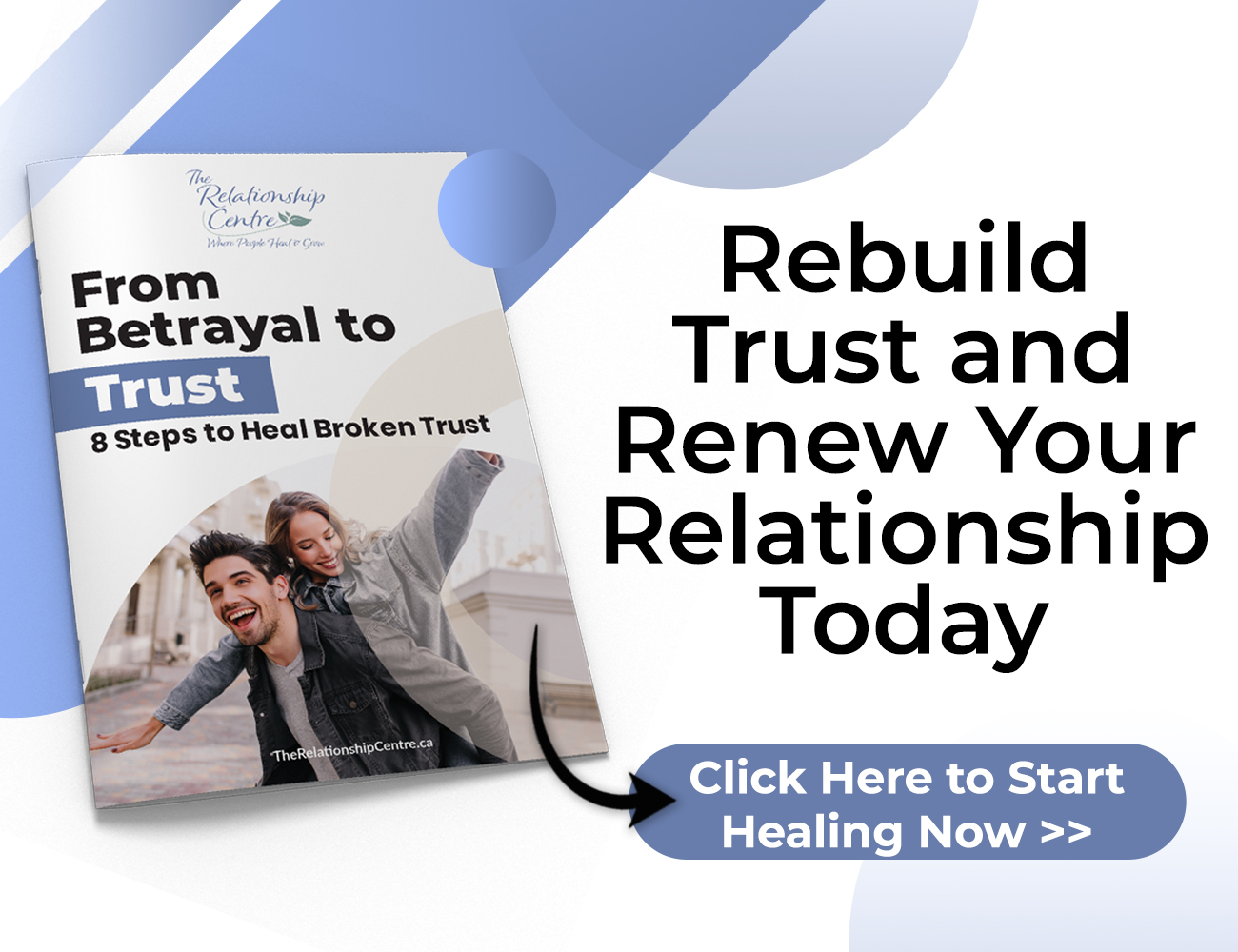Gratitude starts with noticing the goodness in life. And researchers have found there are some surprising benefits in practicing gratitude.
As we prepare to celebrate Thanksgiving this is a natural time of year to give thanks.
The cynics among us may find it difficult to be thankful, especially this year as our Thanksgiving gatherings and traditions may look quite different given social restrictions resulting from the pandemic. However, especially during trying times such as these, the practice of gratitude can help to foster resilience and boost our mental and physical health.


So what exactly is gratitude? Gratitude is a spontaneous feeling or a practice of making conscious efforts to count our blessings. It is a simple, yet powerful way, to experience social and emotional benefits by engaging in this simple practice. It is possible to feel grateful for loved ones, colleagues, animals, nature, opportunities, life experiences, our health, and life in general. When engaged in the practice of gratitude positive emotions are generated creating positivity that touches us internally and extends outwards to others.
7 Proven Benefits of Gratitude
- Gratitude improves psychological health. Gratitude reduces toxic emotions such as envy, regret, frustration and resentment. Robert Emmons a leading gratitude researcher has conducted multiple studies on the link between gratitude on wellbeing. His research confirms that gratitude effectively increases happiness and reduces depression.
- Gratitude improves physical health. Grateful people experience fewer aches and pains and report feeling healthier than other people. Grateful people, not surprisingly, take better care of their health, exercise more often and attend regular check-ups contributing to further longevity.
- Gratitude opens the door to more relationships. A 2014 study found thanking a new acquaintance makes them more likely to seek an ongoing relationship with you. So whether you thank a stranger for holding the door or send a thank you note to a colleague for help on a project, acknowledging other people’s contributions can lead to new opportunities for friendship.
- Grateful people sleep better. Writing in a gratitude journal improves sleeps, according to a 2011 study in Applied Psychology: Health and Well-Being. Spend time jotting down a few grateful sentiments before bed and you may sleep better.
- Gratitude improves self-esteem. Studies have shown that gratitude reduces social comparison, thus improving self-esteem. Rather than feeling resentful towards people who have more – a major factor in reducing self-esteem – grateful people are able to appreciate other people’s accomplishments while also appreciating what you have.
- Gratitude enhances empathy & reduces aggression. Grateful people are more likely to behave in a prosocial manner. Participants in a study who ranked higher on gratitude scales were less likely to react negatively towards others. They experienced more sensitivity and empathy towards others and a decreased desire to act aggressively.
- Gratitude increases mental strength. For years, research has shown gratitude not only reduces stress but it may also play a major role in overcoming trauma. A 2006 study published in Behavior Research and Therapy found that Vietnam War veterans with higher levels of gratitude experienced lower rates of post-traumatic stress disorder. A 2003 study published in the Journal of Personality and Social Psychology found that gratitude was a major contributor to resilience following the terrorist attacks on September 11. Recognizing all that you have to be thankful for —even during the worst times—fosters resilience.
We all have the opportunity to cultivate gratitude. Take a few moments to focus on all you have. Developing an “attitude of gratitude” is one of the simplest ways to enhance your satisfaction with life with improvements to both your physical and mental health.
For me – today, I am grateful to wake up in a home with heat (as it is chilly outside), for a family that loves me, and for the ability to engage in work that is meaningful to me.
So – what you are grateful for?
by Mary Joan Brinson MSW, RSW












